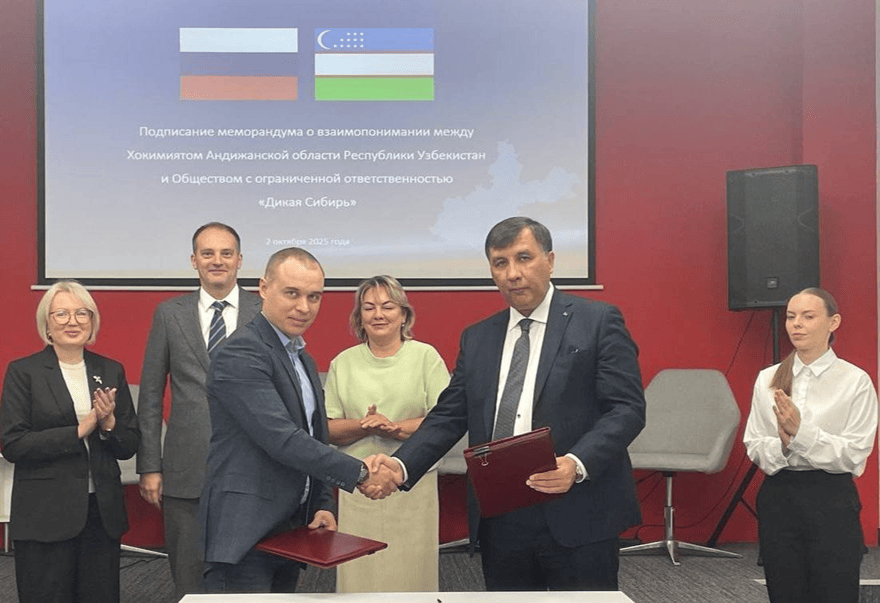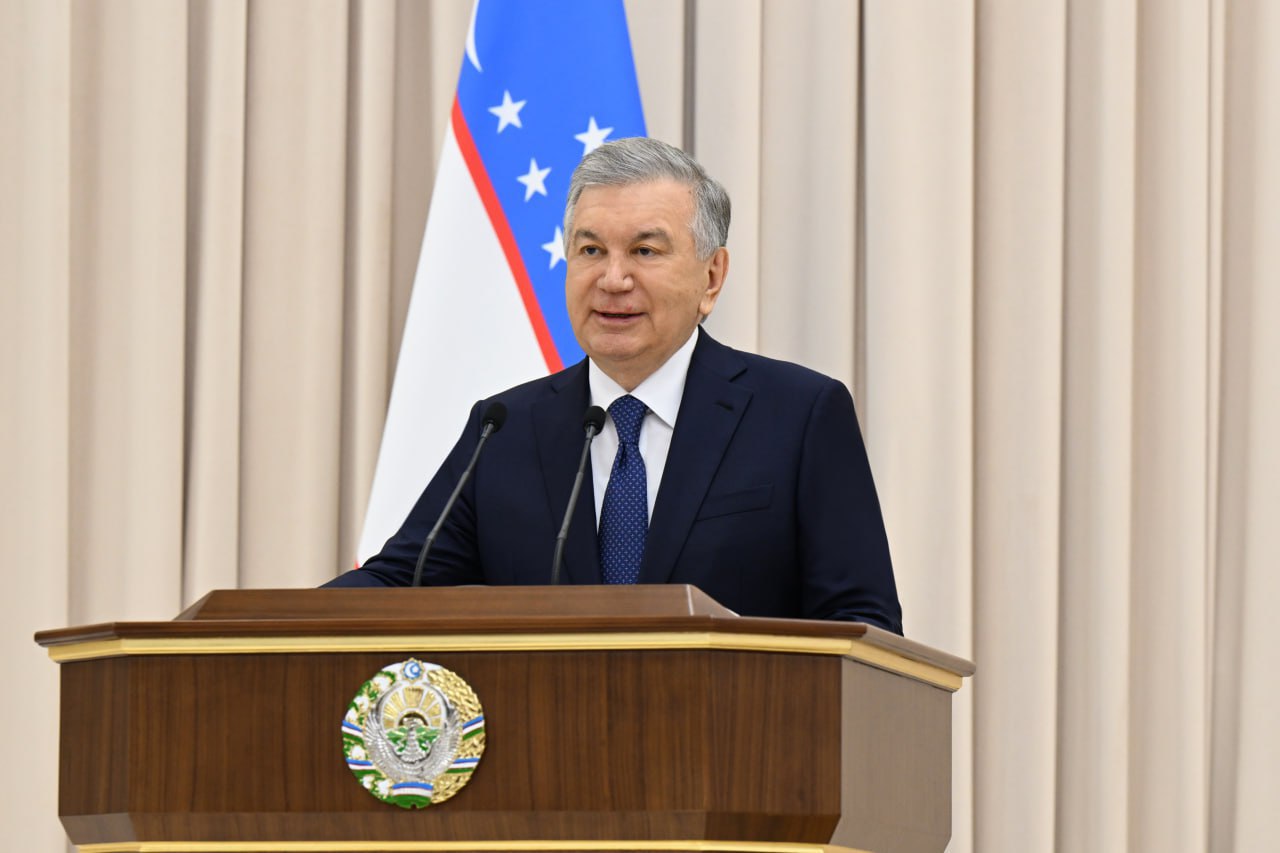A specialized center for attracting labor migrants, created with the support of the administration of the South Korean province of Gyeongsangbuk-do, has started working in the capital of Uzbekistan. The opening of the center was announced by a correspondent Podrobno.uz with reference to the South Korean news agency Yonhap.
The new center, located in Tashkent, will become an important link in the process of labor migration between the two countries. Its main task is to assist Uzbek citizens in finding employment in South Korea. The Center will provide recruitment services, as well as provide advice on visa issues, including paperwork, preparation for interviews and support at all stages of obtaining work permits.
The center will pay special attention to the language training of candidates. According to the agreement, the Polytechnic University of Turin in Tashkent will organize Korean language courses. In the future, it is planned to connect other higher educational institutions of the country to the educational process, which will expand the scope of training and improve the level of professional training of program participants.
How it highlights YonhapThe opening of the center is part of a broader initiative related to the launch of a pilot program for issuing labor visas for Uzbek citizens. Within the framework of this project, it is planned to employ at least 350 specialists who will be able to pass the selection process and get the opportunity to officially work in South Korea.
Earlier, the Government of the Republic of Korea launched a pilot program for simplified registration of work visas for citizens of Uzbekistan. The project provides for reducing bureaucratic procedures, minimizing intermediary services and more transparent employment conditions, which should reduce the risks of illegal migration and labor exploitation.
The opening of the center in Tashkent indicates a growing interest in bilateral cooperation in the field of labor mobility and personnel exchange. The initiative can also serve as a model for similar projects in other Central Asian countries, where there is a high demand for legal mechanisms of labor migration to developed Asian countries.











